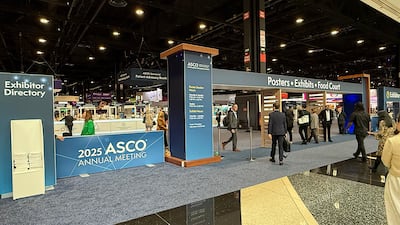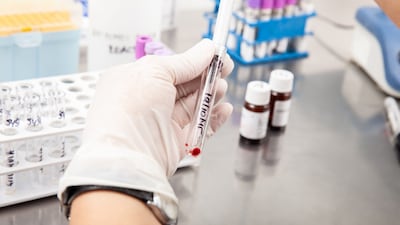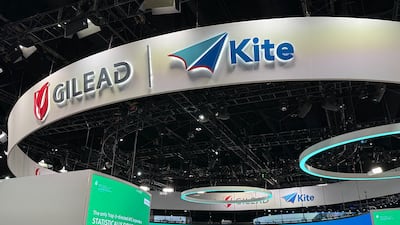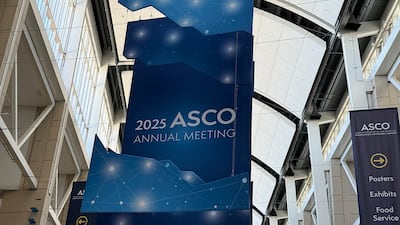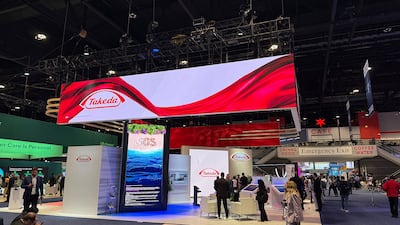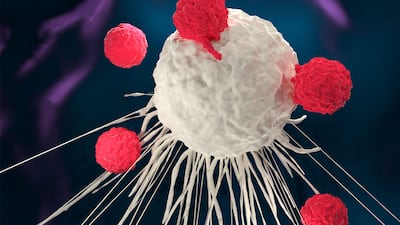ASCO
The drugmaker presented data from its Phase I study of JNJ-79635322 at ASCO and EHA showing a 100% response rate in BCMA- and GPRC5D-naïve patients.
The company presented Phase I data for CART-EGFR-IL13Rα2, showing patient responses in the notoriously hard-to-treat and deadly brain cancer.
IGI CEO tells Scrip about the “very encouraging” feedback at ASCO to promising early data for the firm's first-in-class investigational trispecific antibody in multiple myeloma. Is a licensing deal in the offing?
Gilead’s Kite division presented Phase I data for its next-generation CAR-T therapy KITE-363 in patients with B-cell lymphomas.
J&J presented data at the American Society of Clinical Oncology meeting showing more than five-year disease- and therapy-free survival, but a myeloma working group will need to define what makes a cure.
The drugmaker presented oral abstracts at the meeting for Libtayo in adjuvant cutaneous squamous-cell carcinoma and linvoseltamab in multiple myeloma.
ASCO sees the debut of Lupin’s PRMT5 inhibitor candidate LRNP7457, currently in Phase I studies in India. While no drug with this mechanism of action has been approved anywhere so far, several candidates are in clinical trials.
Data from AstraZeneca/Daiichi’s breast cancer trial showed positive PFS, but some oncologists are waiting for confirmation of statistically significant OS benefit.
Takeda/Protagonist are awaiting 52-week data to confirm the results from the VERIFY trial of the drug in polycythemia vera.
Gilead chief medical officer Dietmar Berger said in an interview that the company plans to quickly take the results to regulators and foresees broad first-line use of the drug.
The drug boosted overall responses on top of the R-GemOx backbone, but the discussant pointed out that patients in waveLINE-003 were not very heavily pretreated.
In first confirmatory randomized controlled trial of any CAR-T therapy in solid tumors, CARsgen’s Claudin 18.2-targeting satri-cel reduced risk of death or disease progression by 63% in Chinese patients with gastric/gastroesophageal junction cancer.

